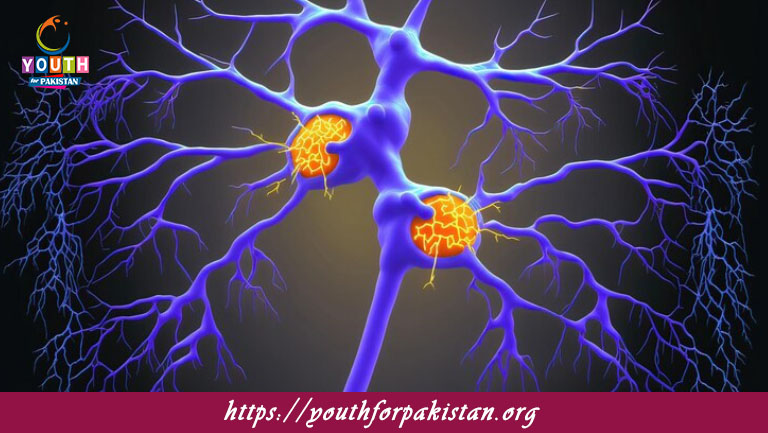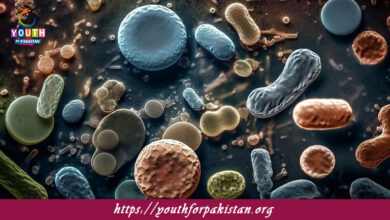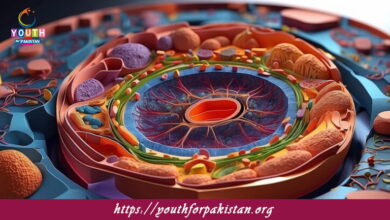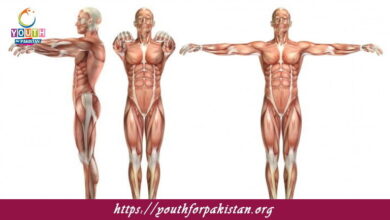Chemical Coordination and Nervous Control MDCAT Quiz

The Chemical Coordination and Nervous Control MDCAT Quiz is the most important resource for the students who prepare for the MDCAT examination, and they focus on the mechanism of chemical signaling and the nervous regulation in the body. Coordination of body functions involves the relationship of the endocrine system and the nervous system, which are two major systems that are responsible for the regulation and control of physiological processes. This quiz will measure your knowledge regarding how hormones, neurotransmitters, and other signalling molecules help keep the body stable and responding appropriately to environmental fluctuations.
Nervous Control Mechanisms
This system is used for quick regulation of body function. The body uses electrical signals to transmit signal across neurons within the nervous system, thus able to respond both immediately and as a coordinated motion. The CNS is the central nervous system, comprising the brain and spinal cord, which process information and give commands to various parts of the body. The PNS consists of sensory and motor neurons, transmitting signals from sensory organs to the CNS and from the CNS to muscles and glands. For MDCAT students, it is essential to know the components of the nervous system and signal transmission through neurons because these topics are often tested.
Chemical Coordination and Hormonal Regulation
In addition to nervous control, the endocrine system uses chemical coordination to regulate long-term and broader physiological functions through hormones. Hormones are chemical messengers that are secreted by glands, such as the pituitary, thyroid, adrenal, and pancreas, which travel through the bloodstream to their target organs or tissues. The endocrine system controls growth, metabolism, reproduction, and the response to stress. For instance, the secretion of insulin from the pancreas helps control the level of blood glucose, while the adrenal glands secrete adrenaline in response to stress. MDCAT should know how varied hormones work. Their effects, on different bodies, and systemically, these hormones work through the nervous control to maintain overall balance in an organism.
MDCAT Preparation Quiz
The chemistry coordination and Nervous MDCAT question paper is great for testing concepts of these major systems. The quiz will cover the mechanisms of neurotransmission, the roles of different hormones, and the interaction between the nervous and endocrine systems. Taking this quiz will allow MDCAT candidates to assess their knowledge of these fundamental processes and determine where they need to improve. Practice of the quiz will follow as a way to ensure that it is well-prepared in chemical coordination, nervous control, and how these systems work synergistically together to regulate the body’s functions.
Free Flashcard
For MDCAT students studying nervous control, free flashcards will surely help these students memorize key concepts. Flashcards can help you remember components of the nervous system such as the CNS, PNS, and types of neurons involved in signal transmission. They are also useful for reviewing the steps involved in the transmission of nerve impulses, from the generation of action potentials to synaptic transmission. Regularly reviewing these flashcards will improve your understanding of nervous control and make it easier to recall this information during the exam.
Experience the real exam environment with our expertly designed collection of over 25,000 MCQs MDCAT Mock Tests.






